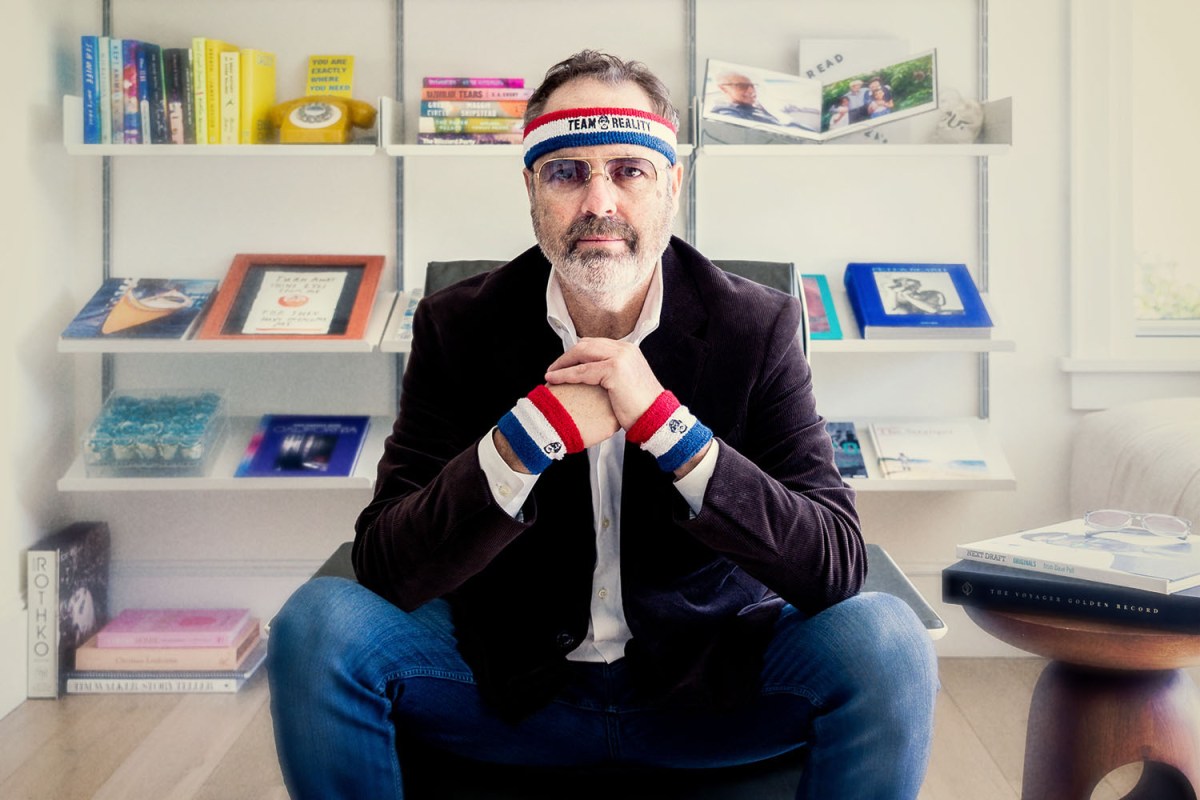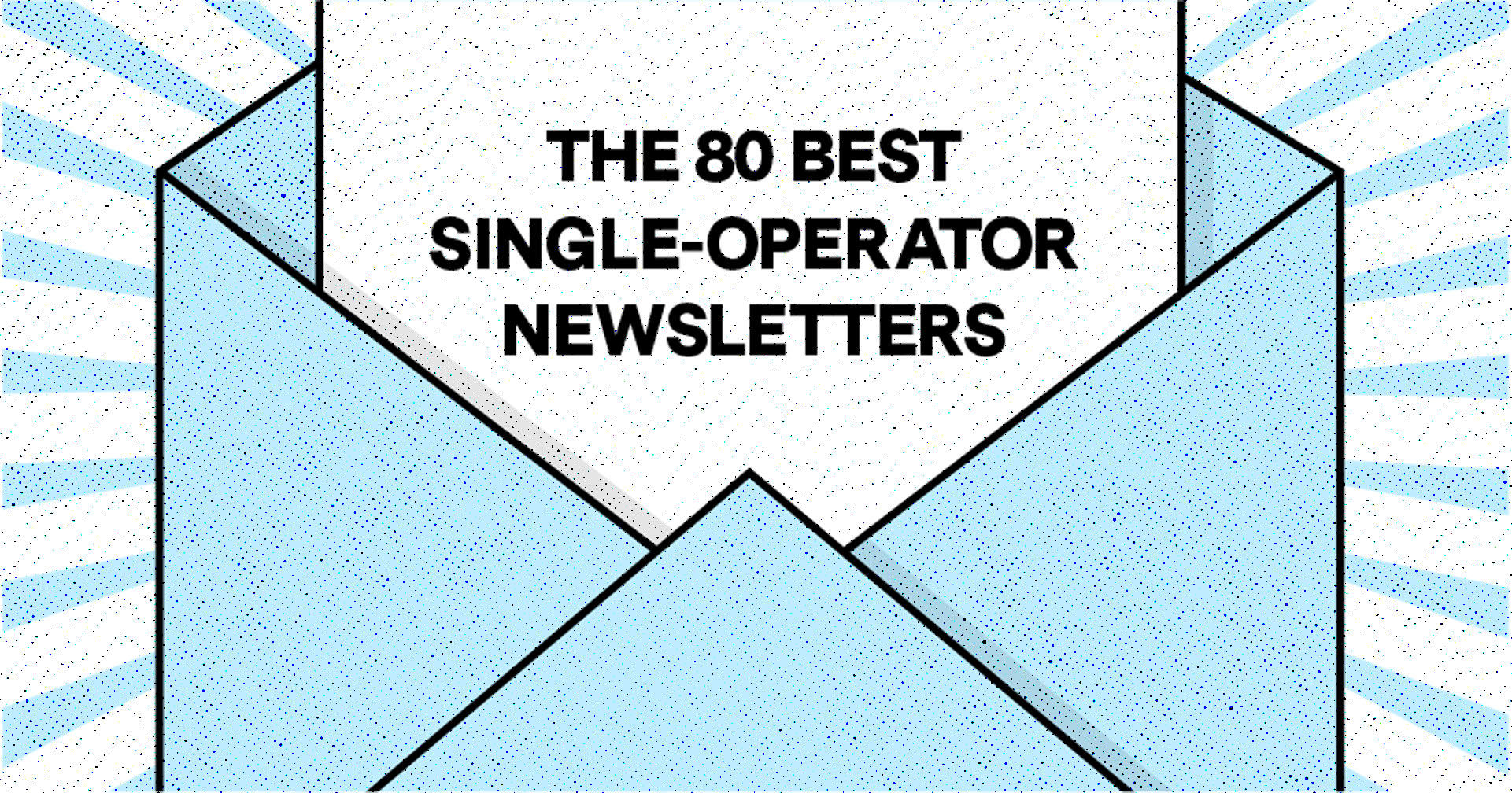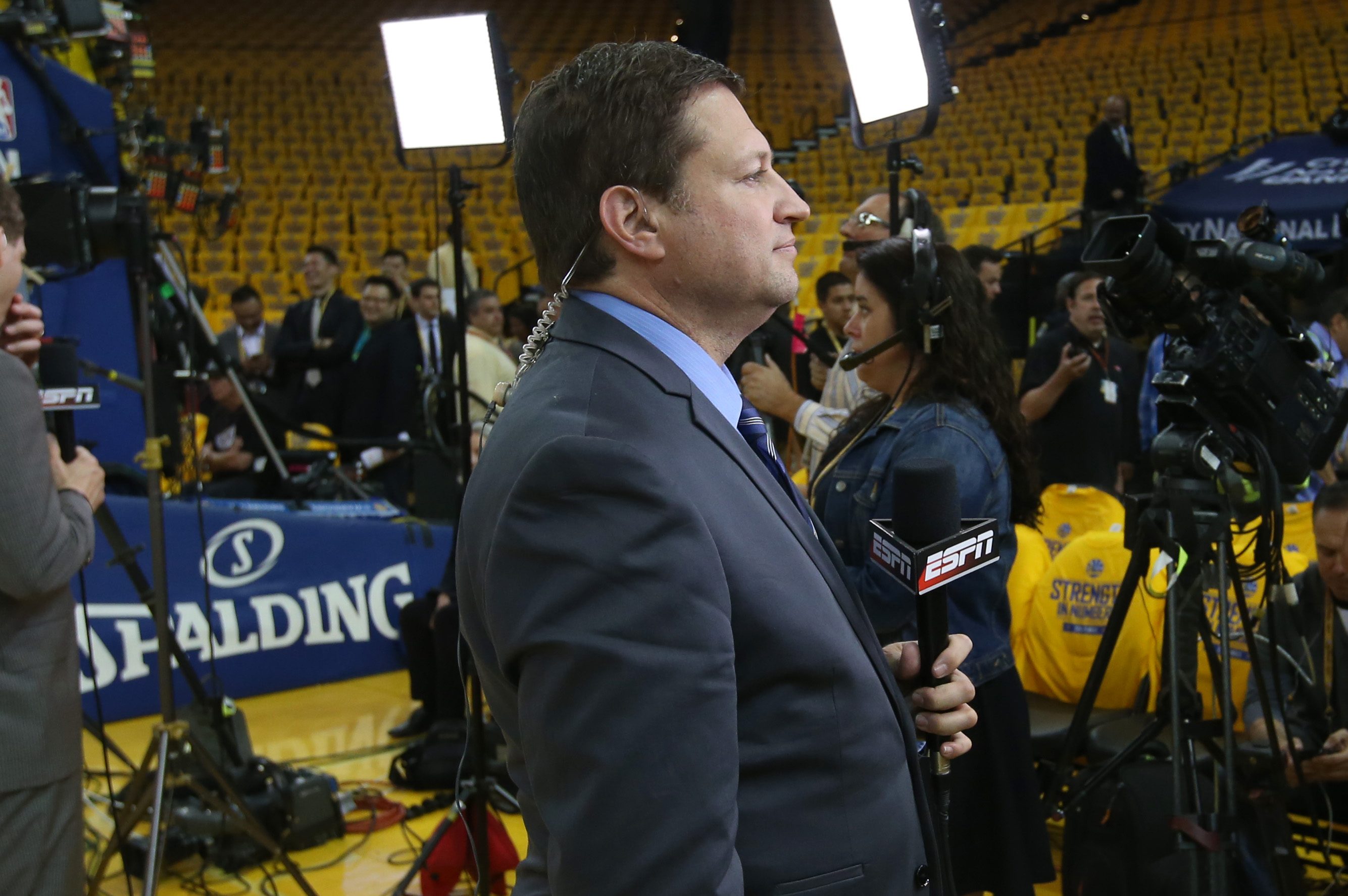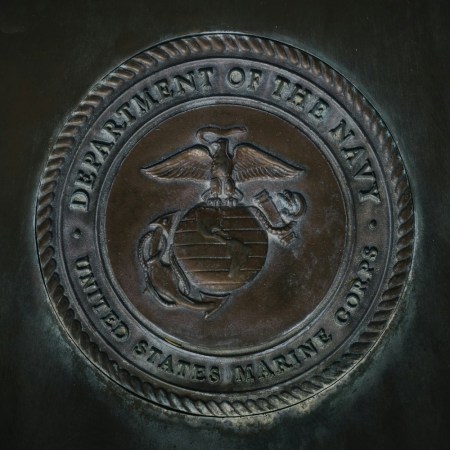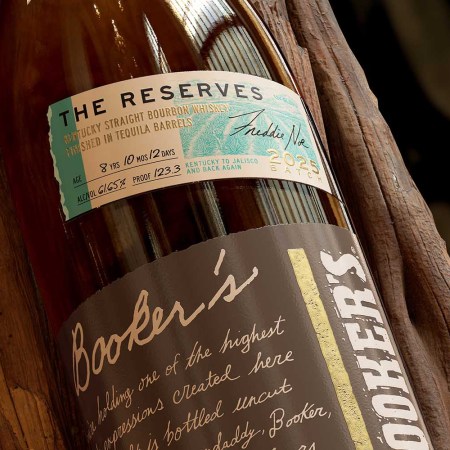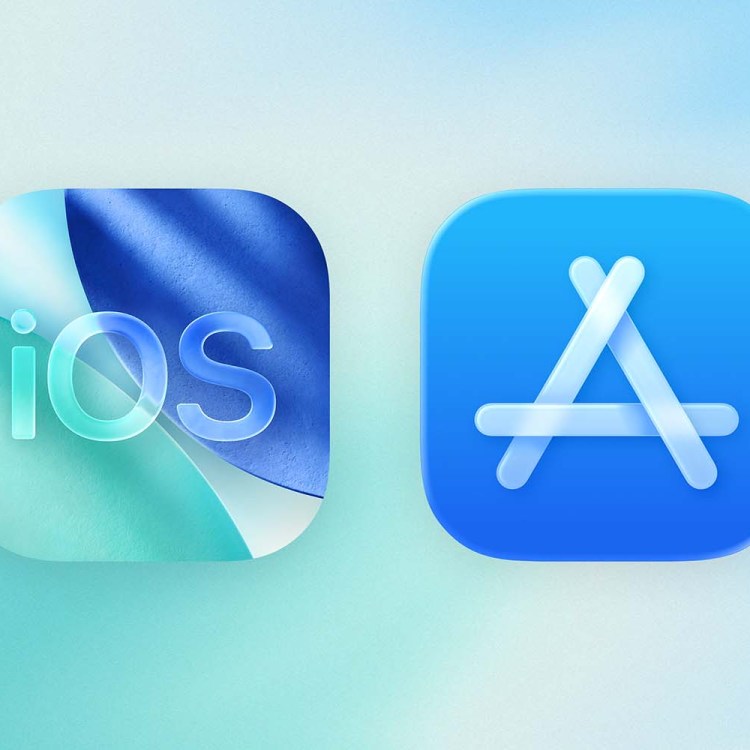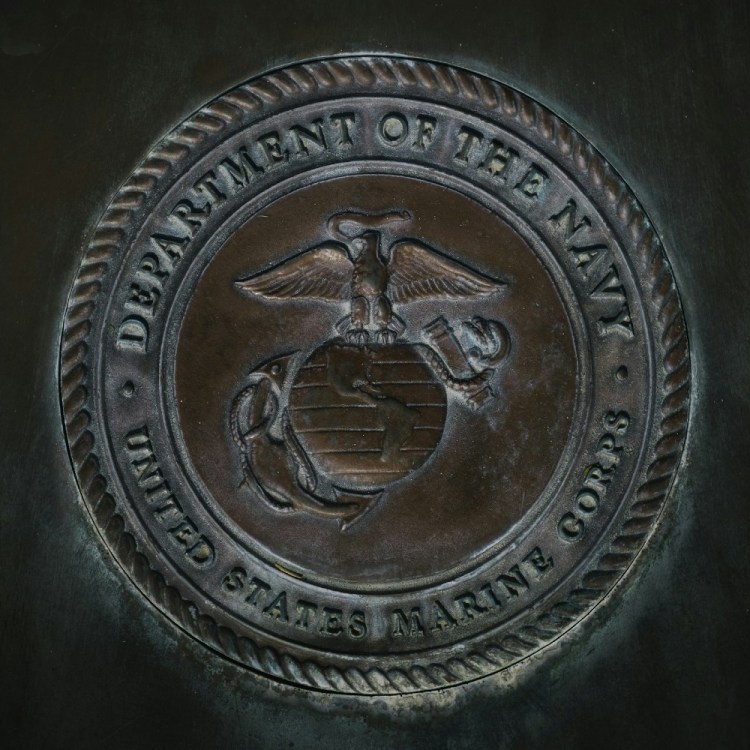It’s thankfully almost the end of 2021. But Dave Pell is going to bring you back to a very, very turbulent time.
That would be 2020 (and a bit of this year, particularly January 6th). Pell, the founder of the popular and highly influential daily newsletter NextDraft, just released his first book, Please Scream Inside Your Heart: Breaking News and Nervous Breakdowns in the Year that Wouldn’t End (the title is a reference to a Japanese amusement park’s plea at the outset of the COVID-19 pandemic, which instructed patrons not to yell out during a roller coaster ride so as not to spread germs). It’s a summation of the horrible year that was, well, last year. But it’s also an interesting dissection of our relationship to media, news and, yes, all things Trump.
And it’s personal. The book spends time on Pell’s relationship with his family, which from his earliest days centered on watching the nightly news. “News was more than information. It was a topic of discussion that enabled us to avoid other topics,” Pell writes. “There was some repression going on. There still is. But both of my parents were smart. They’d seen it all. Their predictions were usually right. Their ethics never wavered. And I knew why the news — and reading between the lines to understand what it meant to us and the rest of the world — was so important to them.”
And that’s the news analysis Pell does five days a week. NextDraft, now more than a decade old, has 130,000 very dedicated subscribers who get a curated, 10-headline newsletter each day, culled from 75+ trusted news sources (and here’s a recent piece by Pell on the importance of internet newsletters in the context of today’s digital lives). Most of the news is grim; however, Pell’s analysis is thoughtful and personal while also providing context and just the right amount of newsy detachment. Oh, and puns (consider a Nov. 5 link to a Washington Post story on the tribe that helped the Pilgrims survive their first Thanksgiving, and the regrets their descendants feel 400 years later, which Pell labeled that “Critical Baste Theory”).
Since NextDraft launched, there have been many, many imitators, but few people can match Pell’s personality. Plus, he’s never changed formats, “pivoted to video” or altered the formula that makes him a must-read every workday.
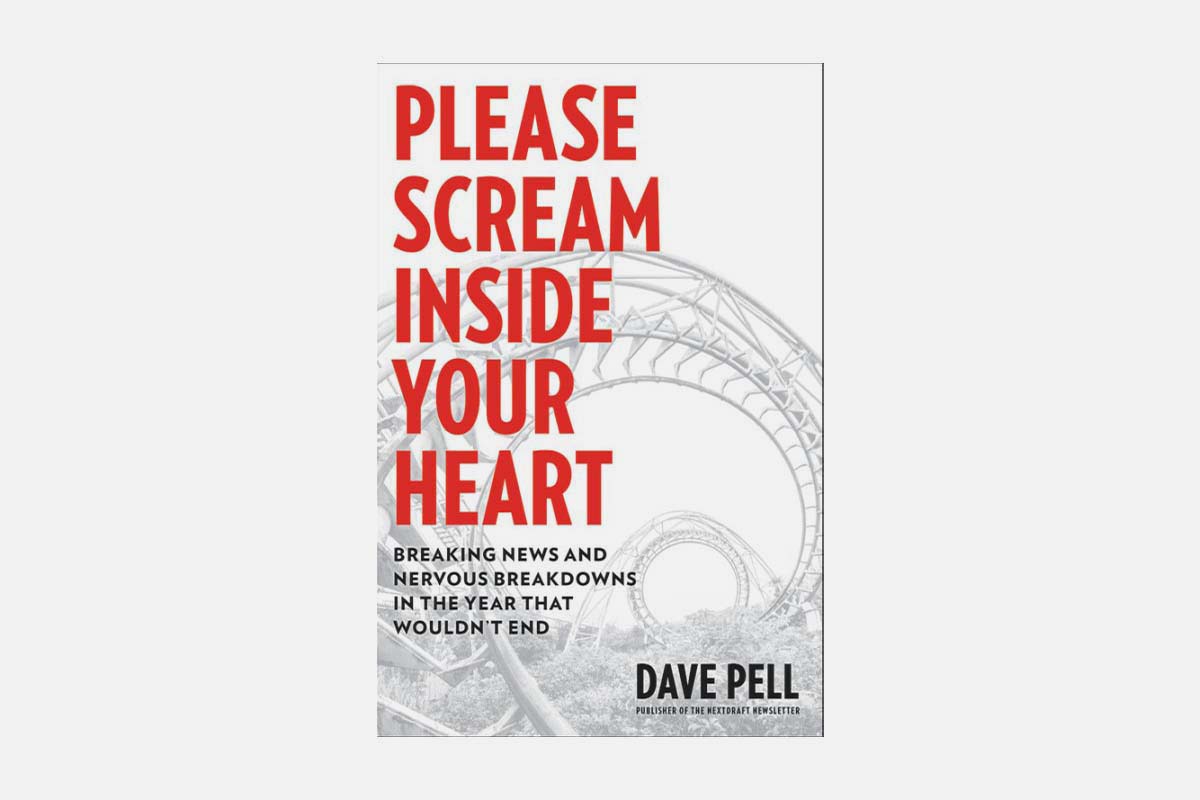
Which is why I trusted Pell to write about a year that most people want to forget. So while Scream brings back the shitshow of 2020, the book also offers us a chance to see exactly what kind of relationship we have with the news. And thankfully, we might be getting a little better about it in 2021. (Note: While most of the book reads like horror, you’ll get through it and even enjoy it. Credit Pell’s even-keeled personality — and the puns.)
Pell writes, “In the year 2020, there was more to talk about than usual.” So we spoke to the author to hear more about an unusual year, news algorithms and how the Internet’s de facto Managing Editor survives each day consuming an unhealthy amount of information.
InsideHook: Are you still using the same techniques that you did when you started? Is it bookmarks, Twitter, etc.?
Dave Pell: I’m usually pretty old school. I’m opening a lot of tabs, but also using Twitter, friends and some other sources. I prefer looking at full websites — I know where to look, and I get to see what those sites think is important.
A lot of people seem to have been inspired by your style. There are a ton of newsletters out there.
I usually just find it complimentary. The newsletter is really my personality. It’s like a modern-day column. The unique part is me. I think what other people are doing is probably more homage than stealing.
For NextDraft you say “I am the algorithm.” And algorithms are kind of in the news — Congress is even trying to legislate them. Is government intervention really going to help us decipher the news and get rid of bad actors?
Allowing the major tech sites to self-police hasn’t worked. The tricky part of the government doing it is that the average American has less faith in Congress than even Mark Zuckerberg. I think we’ll eventually see some sort of negotiated settlement with the big tech players in exchange for not breaking them up.
So why 2020? Why make us all relive that year?
It was definitely the craziest year ever. It was Black Lives Matter, the pandemic, the election … everyone had become addicted to the news. I think the book is just as much about our relationship with the media. 2020 is just the anchor, the issues and lessons of what was happening politically.
And I always wanted to write a book. And that year had a hook. It was definitely the most different and crazy year since 1968.
How do you not go crazy reading the news every day?
I spend so much time absorbing it and regurgitating news for readers. I think that makes it less stressful for me. But I noticed last year everyone got addicted to the news and I had good friends more emotional and stressed about it. Living through November and writing about in April, the double time on Trump, I don’t recommend it.
Now that we’re in 2021, it almost feels like we’re forgetting some things about last year.
There was a huge drop in traffic to news sites. I think it’s a healthy sign, given how obsessed we were. But I hope the issues … I like to say 2020 was the earthquake and now we’re experiencing the aftershocks. January 6th is not over. The Big Lie is not over. The divide is not over. But we are watching and absorbing news less.
Obviously, last year, the pandemic played a role: Everything was taken way. No sports, no movies, you couldn’t leave the house. So the topic became Trump.
When I go out now — not too often, and in safe pandemic activities — I hear people talking about other issues. It’s different from last year. You don’t have to keep up with breaking news alerts. And remember, we did OK in World War II with just one newspaper a day.
Since finding and contextualizing news is kind of your job, does it make the rest of your life difficult?
My problem, and when you work on the internet, is the work-life balance. My hobby is news. My passion is writing. I certainly don’t take enough breaks. But I do compartmentalize pretty well. But I don’t advise that you have that relationship that I do with the media.
Besides recapping 2020, you also talk a lot about your family here and the role they played in shaping your news interest.
My parents were the reason I wanted to write this book. I wanted their takes. It’s not just the perspective of a liberal snowflake, it’s also about my dad, a more conservative and heroic guy, and what he’s seeing. We’re down to our last folks from World War II and they know what they’re looking at. If I say it, I’m another hysterical liberal snowflake. But when my dad says it, oh shit.
What’s something, no matter what your political belief, that people should know about the media?
It’s a product. Every story you read in the media is somehow being manipulated in the background. Also, there’s a line between being well-informed and obsessively informed. We are hooked on news alerts, and the news uses the same techniques as Facebook or Netflix to keep you engaged.
Is your audience now people who share your beliefs or do you hear from people who disagree with you?
It’s a mixture. I get my fair share of hate. I get emails that say, “I want to kill you and cut you up and rape those pieces.” It’s not constructive criticism. But I get as much from the Left, a lot that start with, “I know you’re progressive, but …” I guess I’d say if you tell 1,000 jokes, one of them is going to go over the line. And then you’re a horrible person. It’s a broader problem. I’ll keep making jokes and not worry about it. That’s a tiny minority.
Some people unsubscribed during Trump. But I never wanted this to be political. I mean, all news and every interaction is political. But I believe in an unbiased truth.
Is there any newsletter you look forward to each day?
With Substack, there are so many newsletters right now. It’s crazy. I would say what I do is unique to most of them; I do insert personality, and I did that early on. I’m a narcissist! But I also think it’s the key to newsletter success. I like this one called Watching from the New York Times. It’s just about what’s on TV, but the tone is more personal than you’d expect. I think when these newsletters show personality, it’s like a club where you start to develop a lingo and a vibe. When people come to NextDraft, it takes a week or two — there are these weird puns. And then they’ll get it and some people even email me their pun headlines.
Did this book make you want to write another?
Whatever I write next, there will be no mention of Trump. I’ll do something more personal. I’ve wanted to write a book for 30 years. I’d bother my wife with my ideas. She said, “No, that’s not it.” When I got this idea, I told her at 3 a.m., “I was born to write this one.” And she said, “That’s it.” As soon as she says that again for my next idea, I’ll write another.
This article appeared in an InsideHook newsletter. Sign up for free to get more on travel, wellness, style, drinking, and culture.
